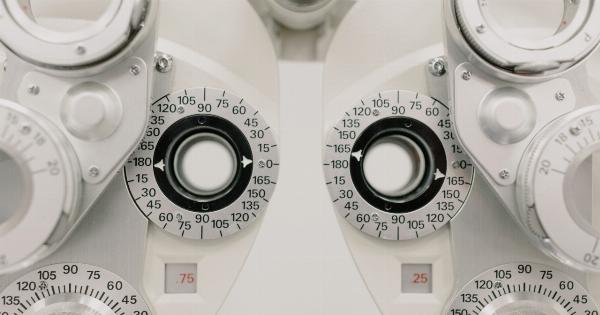When you are trying to conceive, one of the most important things to know is when to take a pregnancy test. The timing of a pregnancy test can greatly affect your chances of getting accurate results.
How Pregnancy Tests Work?
Pregnancy tests work by detecting the presence of human chorionic gonadotropin (hCG) in a woman’s urine. hCG is a hormone that is produced by the placenta after a fertilized egg implants in the uterus.
Pregnancy tests are designed to be highly sensitive and can detect even very small amounts of hCG in a woman’s urine.
The level of hCG in a woman’s body increases rapidly in the days and weeks following conception, which is why pregnancy tests are most accurate when taken after a missed period.
When Should You Take a Pregnancy Test?
The best time to take a pregnancy test is after you have missed a period. This is because the level of hCG in your body is likely to be high enough to be detected by a pregnancy test.
Most pregnancy tests are designed to be taken on the first day of a missed period, or about two weeks after ovulation.
However, if you have irregular periods or are unsure when your period is due, it may be difficult to know when to take a pregnancy test. In this case, you may need to wait until you are several days late for your period before taking a test.
How to Take a Pregnancy Test?
Pregnancy tests are easy to use and can be done at home. Most tests come with instructions that explain how to use them, but generally you will need to do the following:.
- Collect a sample of your urine in a clean container.
- Insert the pregnancy test into the urine for the specified amount of time.
- Read the results after the specified amount of time has passed.
It is important to follow the instructions carefully and to read the results within the specified time frame. Waiting too long to read the results can give you inaccurate results.
Types of Pregnancy Tests
There are two main types of pregnancy tests: urine tests and blood tests. Urine tests are the most common type of pregnancy test and can be done at home.
Blood tests must be done at a doctor’s office or a lab, and are usually reserved for women who are experiencing unusual symptoms or who have a history of complications.
Accuracy of Pregnancy Tests
Most pregnancy tests are very accurate when used correctly. However, there are some things that can affect the accuracy of a pregnancy test.
One common reason for a false negative on a pregnancy test is testing too early. If you take a pregnancy test before your period is due, there may not be enough hCG in your urine for the test to detect.
Another common reason for a false negative is not following the instructions correctly. If you wait too long to read the results or if you don’t use the test correctly, the results can be inaccurate.
It is also possible to get a false positive on a pregnancy test. This can happen if you are taking certain medications or if you have a medical condition that causes an increase in hCG levels.
When to See a Doctor
If you have taken a pregnancy test and are unsure about the results, or if you are experiencing unusual symptoms, it is important to see a doctor.
A doctor can perform a blood test to confirm your pregnancy and can also provide you with information about how to take care of yourself and your baby during pregnancy.
Conclusion
Knowing when to take a pregnancy test is an important part of trying to conceive.
Taking a pregnancy test after a missed period is the most accurate way to get results, but it is important to follow the instructions carefully and to read the results within the specified time frame. If you are unsure about the results of a pregnancy test, or if you are experiencing unusual symptoms, it is important to see a doctor.
























